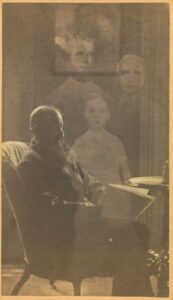Peoples of Louisiana
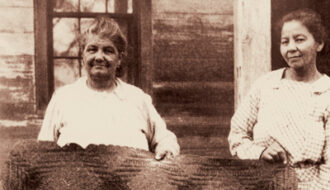
Chitimacha Tribe of Louisiana
The Chitimacha Tribe is the only federally recognized tribe in Louisiana to still occupy part of its ancestral territory.

The Chitimacha Tribe is the only federally recognized tribe in Louisiana to still occupy part of its ancestral territory.

The Chitimacha Tribe is the only federally recognized tribe in Louisiana to still occupy part of its ancestral territory.
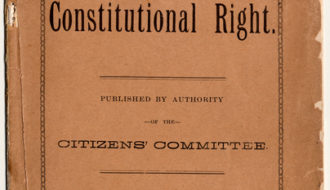
The Comité des Citoyens was an equal rights organization formed in 1891 that played a key role in the events leading up to Plessy v. Ferguson.
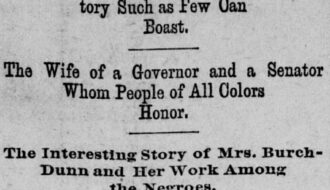
Ellen Dunn-Burch was a politically engaged philanthropist credited with convincing her husband Oscar J. Dunn to accept the nomination for lieutenant governor of Louisiana, making him the nation’s first Black executive officer.
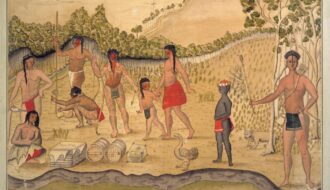
The Ishak are an Indigenous people who have lived in southwest Louisiana and southeastern Texas since precolonial times.
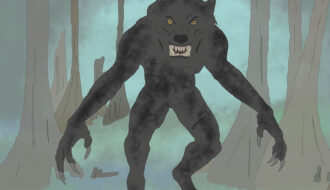
Louisiana’s folktales have been influenced by Indigenous peoples and the many cultural and ethnic groups that have immigrated to the state.
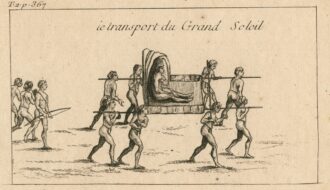
The Natchez are an American Indian group that lived along the Lower Mississippi River during the rise of European colonialism.

Both French and British colonists sought alliances with the Natchez Indians, an American Indian group with settlements along the Lower Mississippi River.
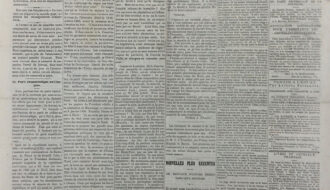
America’s first Black daily newspaper, the New Orleans Tribune served as an organizing tool for Black activists as they campaigned for rights for men of African descent with an emphasis on building solidarity with the formerly enslaved.
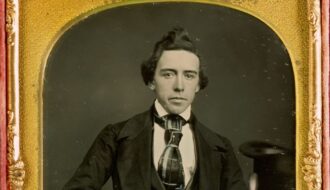
New Orleanian Paul Morphy rose to international fame as a chess master.
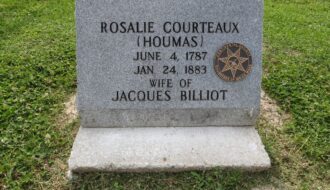
An important woman leader in the Houma Nation’s history, Rosalie Courteaux defended her people against non-Indian encroachment in the nineteenth century.
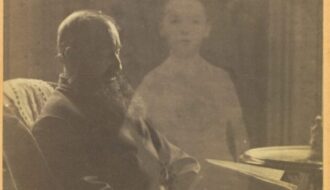
Spiritualism, a practice centered on communicating with the spirits of the dead, influenced several religious groups in Louisiana.
One-Year Subscription (4 issues) : $25.00
Two-Year Subscription (8 issues) : $40.00
